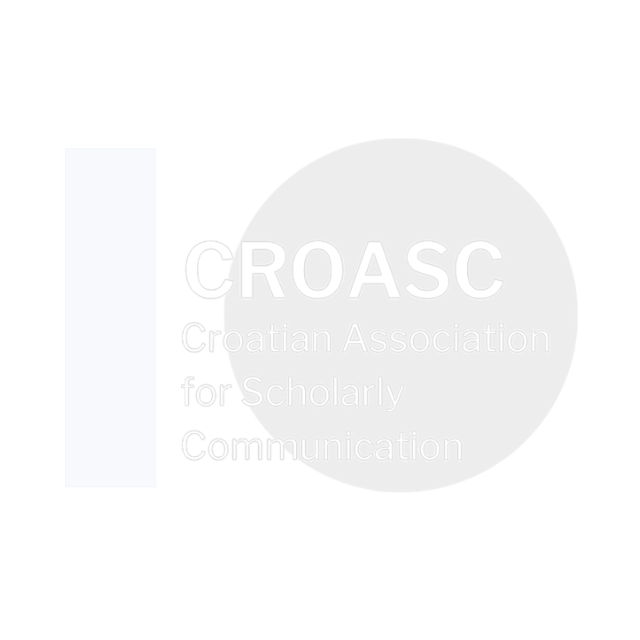On open practices and quality standards of research data in Dataverse UNIMI (with a focus on SSH disciplines)
short talk × friday × 9.00-10.30
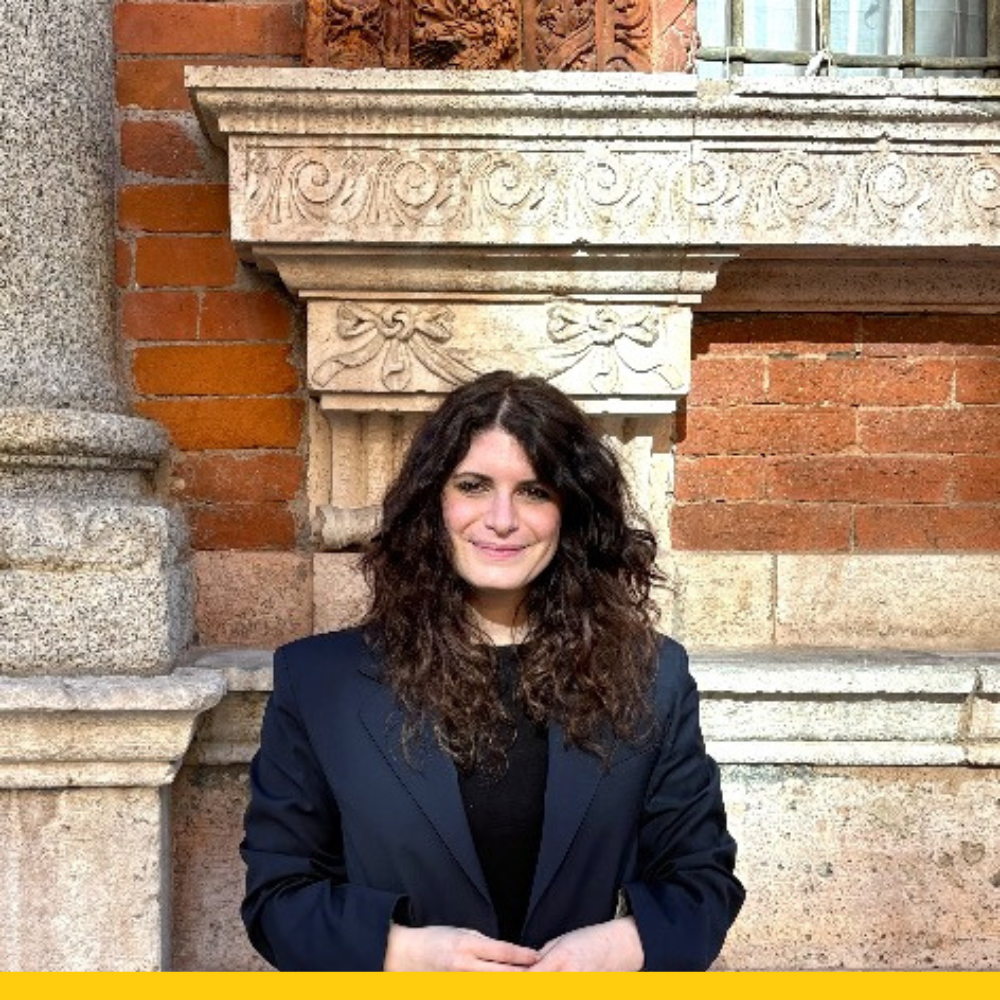
Carolina Manfredini
Università degli Studi di Milano
Milano, Italy

Laura Giovinazzi
Università degli Studi di Milano
Milano, Italy

Margherita Criveller
Università degli Studi di Milano
Milano, Italy
This contribution explores the University of Milan’s promotion of open practices aimed at improving the quality, through standards and control systems, of research data deposited in the institutional open repository, especially in the humanities and social sciences (SSH). Indeed, several problems persist in research data management in these disciplinary areas, starting from the very definition of “research data”, (Gualandi et al., 2022; Hofelich et al., 2015), to that of “quality of data” and “open data”, often considered more applicable to outputs in the STEM disciplines. Importantly, UNIMI’s strong commitment to open data in all disciplinary areas is mirrored by the fact that it has two distinct repositories, one for publications (AIR/IRIS) and one for research data (Dataverse) which can be cross-referenced.
This talk builds on these reflections and outlines some SSH research projects at the University of Milan that are gradually engaging in open sharing and quality management of data through the institutional repository Data@UNIMI (Galimberti, 2024). The merit of these initiatives is not only the commitment of researchers, but also the workflow adopted for the use of the repository: in presenting the renewed quality control system of data and metadata deposited in UNIMI’s Dataverse, this contribution highlights the repository’s improvements and evolution, particularly in the practice of validating content and quality prior to publication by the data stewards. This validation ensures more thorough monitoring and allows for an higher quality of data made available for open access through the repository, a trend confirmed by the exponential increase in the number of dataset downloads.
The final part of the proposed talk will focus on the multiple actions aimed at raising awareness of open science practices: from the renewal of the website dedicated to the management of research data, to the updating of the trainings available to the academic community. These now include introductory and advanced courses, webinars dedicated to editors and authors of the Milano University Press journals (which are mainly from the SSH), specific paths dedicated to PhDs, and, hands-on workshops. Significantly, the practical workshops are adapted and subdivided by discipline – one for life sciences, one for STEM disciplines, one for the social and political sciences and another for the humanities – in order to enhance data management in the relevant areas, highlight the necessary peculiarities, and promote open access and data quality even in disciplinary areas that are not data-driven par excellence.
keywords
Data stewardship, FAIR data management, Open data sharing, Quality of research data, Research data repositories, SSH disciplines.
References
Galimberti, P. (2024). Dataverse@unimi: un percorso di crescita graduale e costante. Zenodo. https://doi.org/10.5281/zenodo.13770815
Gualandi, B.; Peroni, S.; Pareschi, L. (2022). What do we mean by “data”? A proposed classification of data types in the arts and humanities, Journal Of Documentation, 79, 51-71. https://dx.doi.org/10.1108/JD-07-2022-0146
Hofelich Mohr, A., Bishoff, J., Bishoff, C., Braun, S., Storino, C. and Johnston, L.R. (2015). When data is a dirty word: a survey to understand data management needs across diverse research disciplines, Bulletin of the Association for Information Science and Technology, 42(1), 51-53. https://dx.doi.org/10.1002/bul2.2015.1720420114
short biographies
Carolina Manfredini
Carolina has been a post-doc researcher and data steward at the University of Milan since 2023. She obtained a PhD in Historical and Archaeological Sciences at the University of Bologna (2023), plus an MA in Historical Sciences (2019) and a BA in Cultural Heritage Studies (2016), both from the University of Milan. Her research studies are focused on the early Renaissance Milanese public health and welfare facilities, along with ducal material and cultural communication strategies. As a data steward, she provides support to her academic community on FAIR research data management and in the use of the institutional data repository; plus, she is involved in the development of Open Science initiatives, in the delivery of research data management training activities, and in the monitoring of the main developments in the fields of research communication, scientific publishing, and research assessment.
Laura Giovinazzi
Laura is a post-doc researcher and data steward at the University of Milan. In 2016, she obtained a master in Global Political Economy at the University of Sussex (UK), and, in 2022, a PhD in International Studies at the University of Naples L’Orientale, with a thesis entitled: “Evaluated through performance or performing evaluation? An historical investigation of the role of vice-chancellor committees in shaping the genesis of managerial governance in English and Italian universities”. Her research investigates the evolution of managerial governance at different levels of the university sector, and more broadly her research interests include new public management, critical marxist theory, neoliberal governance, evaluation models.
Margherita Criveller
Since October 2024, Margherita has been a data steward in the Performance, Quality Assurance, Evaluation and Open Science Policies Division at the University of Milan. She graduated in Economic History from the University of Venice in 2019, then completed a Master’s degree in Global Politics and Society at the University of Milan, the same university from which in 2025 she obtained a PhD in Economic Sociology and Labour Studies, with a thesis entitled: Ties of Power: A Network Analysis of Contractual and Kinship Relations between Mercenaries and Regional States in Renaissance Italy. Her research interests include the study of social networks and understanding how social capital can influence economic decisions – ultimately becoming an economic asset in its own right. She has a strong research focus on the formation and evolution of institutions, examining how their defining features are shaped by the social networks that sustain them. Military organisations provide a particularly compelling example of this dynamic, reflecting the profound influence of embedded social ties on the institutional development of modern states’ standing armies.

